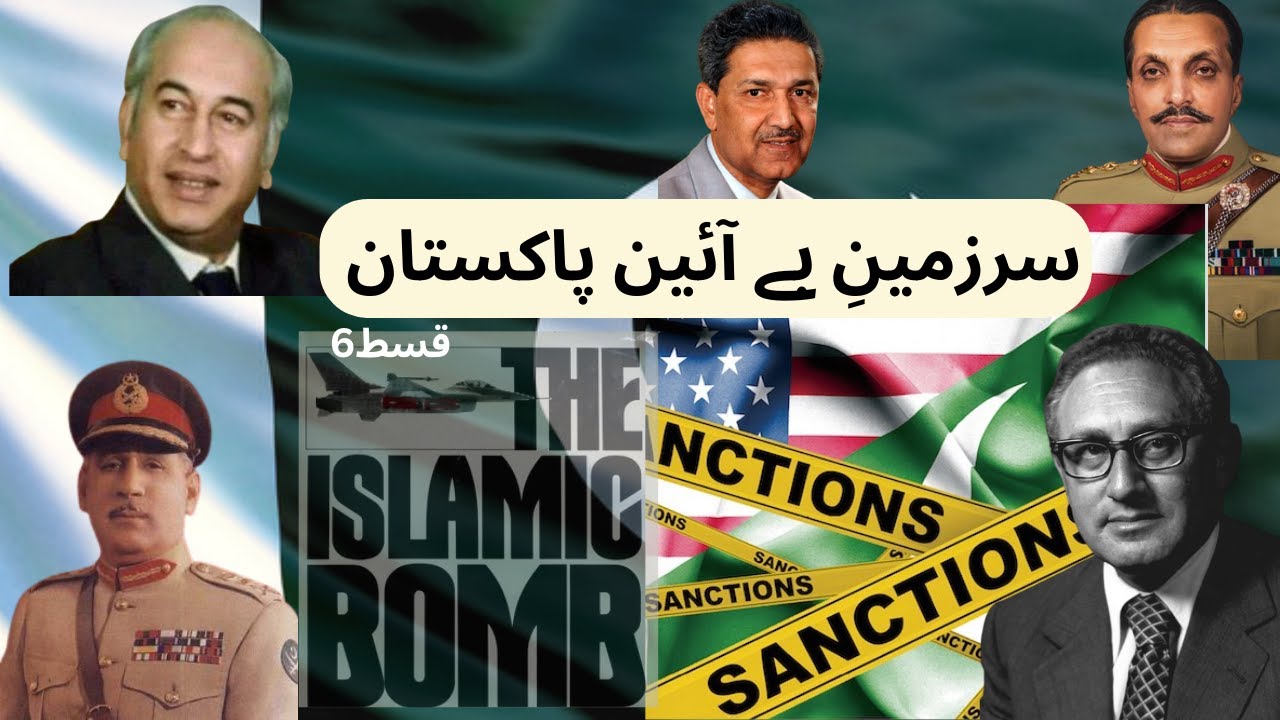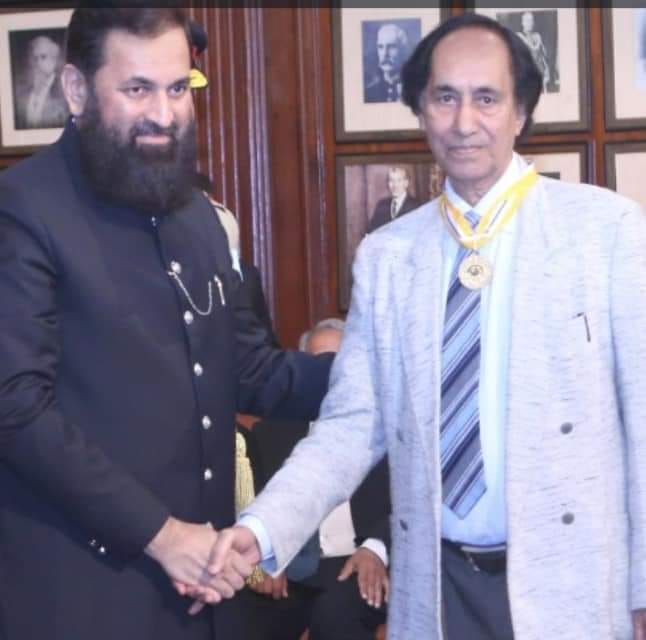50 Years of Democracy in Pakistan: Strengthened or Weakened?
50 Years of Democracy in Pakistan: Strengthened or Weakened?

By Tahir Rao, General Secretary PPP Cananda
On July 5, 1977, General Zia-ul-Haq imposed martial law in Pakistan, overthrowing the elected government of Zulfiqar Ali Bhutto. That marked the beginning of yet another long and painful chapter in Pakistan’s political journey — one defined by authoritarianism, resistance, fragile democratic transitions, and a persistent struggle between the civilian leadership and the military establishment.
Now, as we reflect on the last five decades, a question arises:
Has democracy in Pakistan been strengthened or weakened?
The Era of General Zia (1977–1988): Islamization and Suppression
Zia’s martial law suspended the 1973 Constitution, banned political activities, and initiated a program of Islamization that altered Pakistan’s legal and social framework. The Movement for Restoration of Democracy (MRD), spearheaded by PPP and other opposition forces, became a significant chapter in the fight against military rule. It was brutally suppressed, especially in Sindh, but laid the foundations for future civilian resistance.
Zia’s rule ended abruptly with his mysterious death in a plane crash in 1988. Though general elections were held later that year, the seeds of military control over civilian matters had already deeply germinated.
The 1990s: Democracy Without Power
The 1990s witnessed frequent transitions between Benazir Bhutto’s PPP and Nawaz Sharif’s PML-N. Each government was dismissed prematurely—either by presidential order under Article 58(2)(b) or through military influence behind the scenes.
This era reflected civilian governments without true authority. Governance was weak, and politics remained polarized. The establishment continued to manipulate electoral processes and political alliances (e.g., IJI against PPP in 1988-1990), undermining genuine democratic growth.
General Musharraf’s Coup (1999–2008): Controlled Democracy
In 1999, General Pervez Musharraf overthrew Nawaz Sharif’s government, citing corruption and misgovernance. Another military regime began, this time under the veneer of “enlightened moderation.” Musharraf held referendums, conducted 2002 elections, and allowed a hybrid civilian-military setup, where real power remained with the GHQ.
Key developments included:
-
The rise of the Legal Community (Lawyers’ Movement) in 2007.
-
Musharraf’s dismissal of Chief Justice Iftikhar Chaudhry.
-
The return and assassination of Benazir Bhutto.
-
Restoration of the judiciary and eventual resignation of Musharraf in 2008.
2008–2018: Democratic Transitions but Fragile Civilian Control
This decade marked two historic civilian transitions of power through elections (2008 and 2013). Noteworthy developments:
-
18th Amendment (2010): A watershed that restored parliamentary democracy and repealed Article 58(2)(b).
-
Military’s increasing control over security and foreign policy, especially post-2014 APS attack and during the war on terror.
-
Judiciary’s proactive role in political matters — Panama Papers case led to Nawaz Sharif’s disqualification (2017), interpreted by many as “judicial engineering.”
Although civilian governments completed their tenures, civil-military imbalance persisted.
2018–2022: Hybrid Regime and Institutional Drift
The rise of Imran Khan and PTI in 2018 elections was widely seen as orchestrated with the backing of the establishment. This led to a new model of hybrid governance, where the military played an overtly political role while retaining control over foreign policy, national security, and even economic planning (via NCOC, CPEC Authority, etc.).
By 2022, the rift between Imran Khan and the establishment led to his ouster through a no-confidence vote, again highlighting how fragile civilian leadership remains without institutional backing.
2023–2024: Political Uncertainty and Military Reassertion
Following mass protests on May 9, 2023, after Khan’s arrest, the state responded with severe crackdown, mass detentions, and a re-engineered political landscape. The 2024 elections, conducted under alleged restrictions and suppression, further diminished the legitimacy of democratic processes.
The military establishment re-emerged as a dominant political force, directly or indirectly influencing party formations, media, and judiciary.
Where Does Pakistan Stand Today?
Despite multiple elections, civilian governments, and constitutional amendments, Pakistan’s democracy remains fragile and incomplete.
Strengths:
-
Peaceful transitions (2008, 2013, 2018).
-
Rise of youth and social media in political discourse.
-
Judicial activism and assertive bar associations.
-
Institutional memory of civil society resistance.
Weaknesses:
-
Military dominance in policymaking.
-
Weak political parties, dynastic and often personality-driven.
-
Electoral manipulation and lack of level playing field.
-
Undermined parliamentary sovereignty.
-
Intolerance for dissent; shrinking space for media and political expression.
Final Analysis: Strengthened or Weakened?
Pakistan’s democratic journey over the last 50 years is not linear — it’s marked by moments of progress and painful setbacks.
-
Democracy has survived, but has not matured.
-
Civilian governments have returned, but civilian supremacy remains elusive.
-
Constitutionalism is alive, but often subverted through legal or institutional overreach.
So, while Pakistan has not returned to absolute military dictatorship, it operates in a quasi-democratic hybrid system — where elections happen, parliaments exist, and media debates occur, but the ultimate power still resides elsewhere.
Unless democratic institutions are allowed to function independently, political parties reform internally, and civil-military boundaries are redefined, Pakistan will continue to cycle through crisis, protest, and controlled transitions — rather than genuine democratic consolidation.
Conclusion:
Democracy in Pakistan is not dead — but it is deeply compromised.
The next 10 years will be critical in determining whether the struggle of the past 50 years leads to civilian supremacy and democratic resilience — or becomes a tale of missed opportunities and authoritarian regression.


No comments yet.